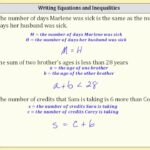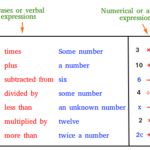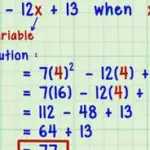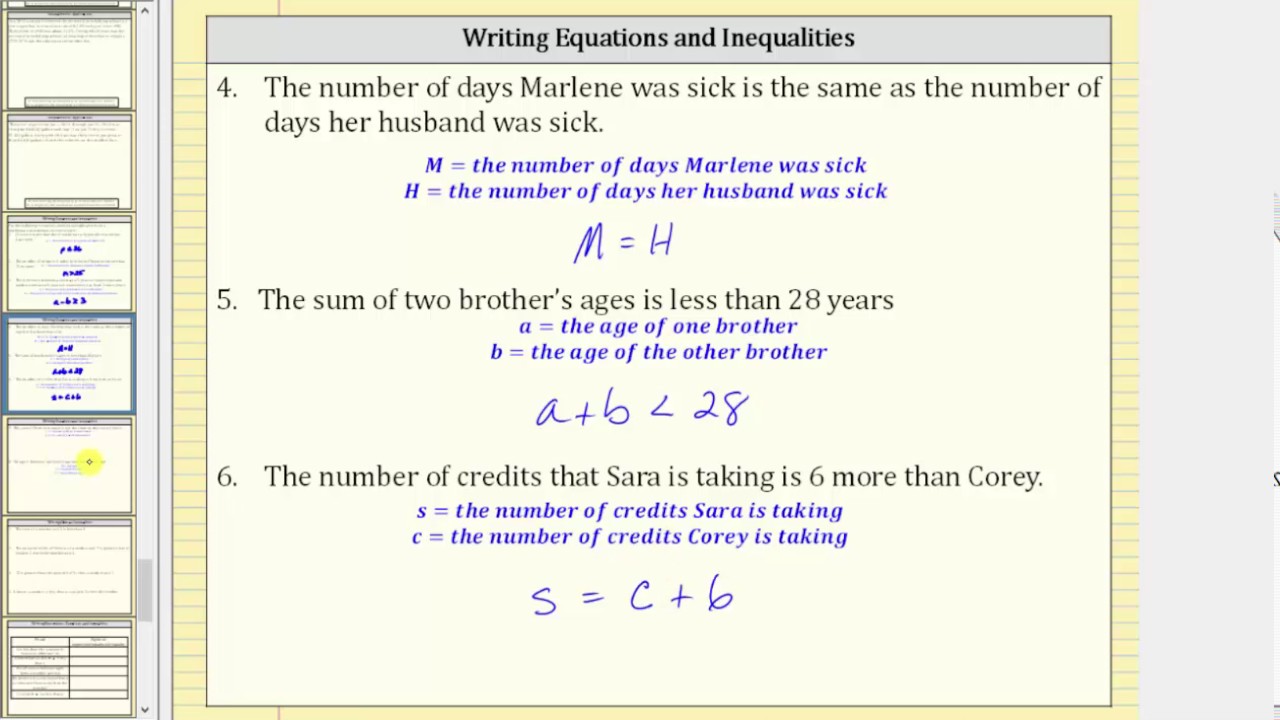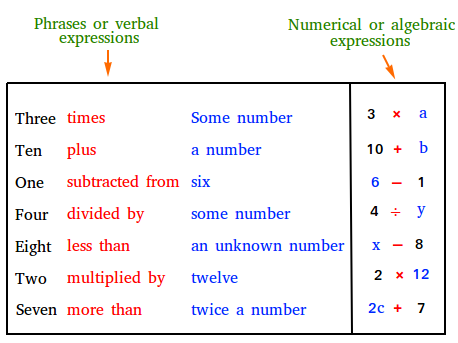As a learner, you might ask yourself, what is mathematical reasoning? Notably, In the realm of mathematics, beyond mere calculations and formulas lies a powerful tool that drives problem-solving and critical thinking. As such, this essential skill transcends the boundaries of numerical manipulation, enabling individuals to analyze, interpret, and draw logical conclusions from mathematical concepts and relationships. Hence, this blog will delve into the intricacies of mathematical reasoning, exploring its definition, importance, and practical applications, empowering learners to harness its potential for success in both academic and real-world contexts.
About learners camp
Besides learning on the subject mathematical reasoning, you can also gainfully learn the process of calculating the area of figures with the many educative and comprehensive guides within learnerscamp. similarly, get to learn of step-by-step methods and key principles for accurate geometric calculations. Moreover, you can also get to learn about numbers and mathematical formulas. For instance, Learnerscamp platform is designed to assist learners comprehensively understand the concept of area. Through practical questions and clear explanations Learnerscamp provides the essential resources to help you grasp the fundamentals of how to find the area of a trapezium ,how to find the area of a square ,how to find the area of a circle as well as other shapes.
Unveiling Its Essence
Understanding Mathematical Reasoning:
It is the process of making logical deductions and drawing conclusions based on mathematical principles, patterns, and relationships. Thus, it involves analyzing problems, identifying relevant information, and applying logical strategies to arrive at solutions.
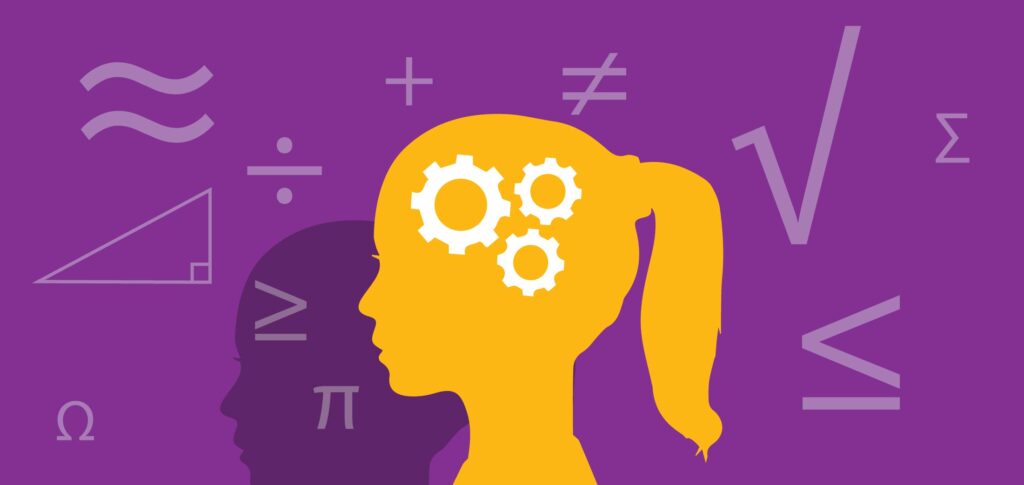
Importance of Mathematical Reasoning:
- 1. Critical Thinking Skills:
Firstly, mathematical reasoning fosters critical thinking by encouraging individuals to analyze problems, consider multiple perspectives, and evaluate solutions.
- 2. Problem-Solving Abilities:
Secondly, it equips individuals with the tools to approach complex problems systematically, break them down into manageable steps, and develop effective problem-solving strategies.
- 3. Real-World Applications:
Additionally, mathematical reasoning is essential in various fields, including science, engineering, economics, and computer science, where logical analysis and problem-solving are paramount.
Components of Mathematical Reasoning:
- 1. Analytical Thinking:
This is the act of analyzing problems, identifying patterns, and recognizing relationships between mathematical concepts as they are a crucial aspect of mathematical reasoning.
- 2. Logical Deduction:
Drawing logical conclusions based on evidence, rules, and principles is a fundamental component of mathematical reasoning.
- 3. Abstract Reasoning:
Understanding abstract concepts, visualizing mathematical relationships, and making connections between different mathematical ideas contribute to effective mathematical reasoning.
Practical Applications:
- 1. In Mathematics Education:
Mathematical reasoning is integral to mathematics education, where students learn to think critically, solve problems, and communicate mathematical ideas effectively. Moreover, it helps the tutors refine their mathematical knowledge through every day practice while in interaction with students.
- 2. In Science and Engineering:
Scientists and engineers rely on mathematical reasoning to analyze data, develop models, and solve complex problems in fields such as physics, chemistry, and engineering. Additionally, it is a set of tool that engineers and scientists explore to make good of their research and inventions.
- 3. In Finance and Economics:
Financial analysts and economists use mathematical reasoning to analyze trends, forecast outcomes, and make informed decisions in areas such as investment, risk management, and economic policy. Thus, they are able to give descriptive and real-time data presentation to their seniors or at seminars.
Conclusion:
In conclusion, mathematical reasoning is a cornerstone of mathematical proficiency and critical thinking skills. Thus, by understanding its definition, importance, and practical applications, individuals can enhance their problem-solving abilities, develop logical reasoning skills, and apply mathematical concepts effectively in various contexts. Hence, let’s embrace the power of mathematical reasoning and unlock its potential for success in both academic and real-world endeavors.
So, the next time you encounter a mathematical problem or concept, remember to engage your mathematical reasoning skills to analyze, interpret, and draw logical conclusions, empowering yourself to navigate the complexities of mathematics with confidence and proficiency.


